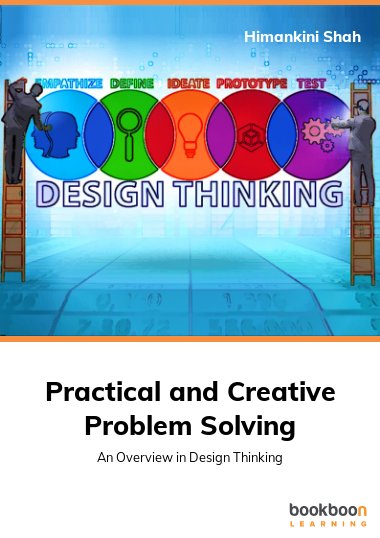This book details how product builders can adapt and apply new product thinking/design principles to successfully build products. Key takeaways from this book include: introduction to design thinking, understanding product design principles and their application in real-world.
About the author
Himankini Shah is an experienced technical product manager and Product School coach. She is currently leading the strategic vision of technology products to optimize automation using ML practices to move towards a "hands off the wheel" approach in the Compensation space.
Prior to that, Himankini worked as an Office 365 and SharePoint Consultant at Microsoft, where she led and managed more than 250 engagements with Microsoft Gold and Silver certified partners successfully receiving several appreciations.

